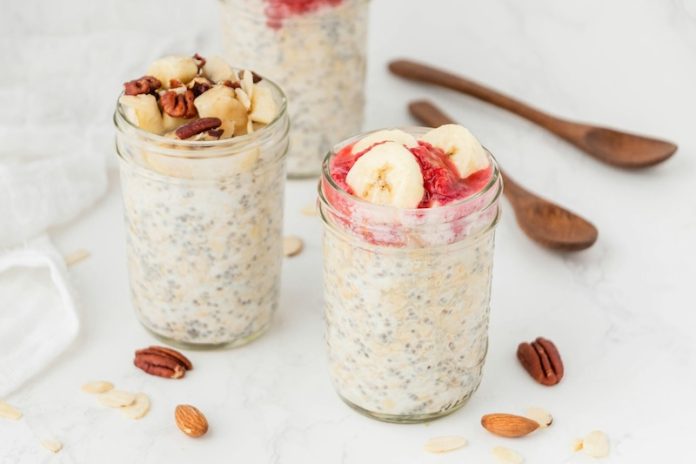
Can the bacteria in your gut help lift your mood? A new study by researchers Katerina Johnson and Laura Steenbergen suggests that the answer might be yes. Their research, published in the journal npj Mental Health Research, found that taking probiotics every day could help reduce negative feelings such as anxiety, stress, or sadness — especially in certain people.
Probiotics are often called “good bacteria.” You can find them in some yogurts, fermented foods like sauerkraut and cheese, and in supplements sold in stores. Most people take probiotics to improve digestion or support their immune system, but scientists have recently become more interested in how these bacteria might also affect the brain and mental health.
This idea is based on what scientists call the “gut–brain connection.” Your brain and your gut are linked in several ways. They communicate through nerves like the vagus nerve, hormones, and the immune system.
What happens in your gut can actually affect how you feel. This has already been shown in animal studies, where giving probiotics led to changes in behavior. But when scientists tested probiotics in people, the results were mixed and unclear.
To better understand how probiotics might influence mood in humans, Johnson and Steenbergen ran a study with healthy young adults. These participants took a probiotic every day for a month. The supplement included common types of beneficial bacteria like Lactobacillus and Bifidobacterium.
What made this study different was the way the researchers tracked how the participants were feeling. Instead of relying only on long, standard psychology surveys — which sometimes miss small changes — they asked people to record their moods every day. This daily tracking made it easier to see if the probiotics were helping.
The results were clear: people who took the probiotics had fewer negative feelings compared to those who took a placebo (a fake supplement with no active ingredients). The difference became noticeable after about two weeks.
This is interesting because it’s the same amount of time it usually takes for antidepressants to start working. But unlike many antidepressants, which can flatten both negative and positive emotions, probiotics only reduced the negative ones. That could be a unique benefit.
However, the researchers are careful to point out that probiotics are not a replacement for antidepressant medications, especially for people with diagnosed mental health conditions. Instead, probiotics might be a helpful tool for improving everyday mood or preventing more serious problems from developing.
Another interesting part of the study was the effort to figure out who benefits the most from probiotics. The researchers found that people who tend to avoid risks were more likely to feel better after taking the supplements.
They also noticed that the people taking probiotics were slightly better at recognizing emotional expressions in faces, which might mean that probiotics can help people become more emotionally aware or in tune with others.
There are still many questions to answer. Scientists don’t yet fully understand how probiotics work on the brain, or how long the effects last. Future research could look at different types of probiotics, test their effects over longer periods, or try them in people with mental health challenges like depression or anxiety.
Even though there’s more to learn, this study gives hope that simple changes — like adding probiotics to your daily routine — might support mental well-being. Johnson and Steenbergen also hope their study encourages other scientists to use simpler methods to measure mood.
As they write in their paper, sometimes just asking people how they feel each day can provide the most useful insights.
In summary, the study shows that probiotics might help reduce negative emotions in healthy people, especially those who are more cautious by nature. The improvements were clear after two weeks and didn’t affect positive emotions, which may make probiotics a helpful, low-risk addition to mental wellness strategies in the future.
If you care about health, please read studies that scientists find a core feature of depression and this metal in the brain strongly linked to depression.
For more information about health, please see recent studies about drug for mental health that may harm the brain, and results showing this therapy more effective than ketamine in treating severe depression.
The research findings can be found in npj Mental Health Research.
Copyright © 2025 Knowridge Science Report. All rights reserved.



